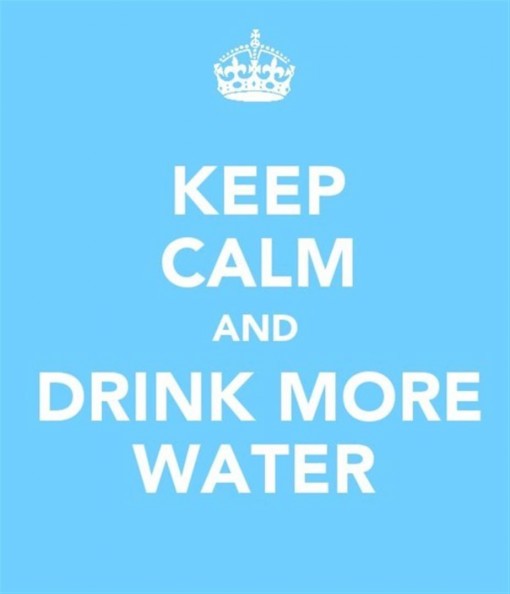Trying not to forget
When was the last time you entered a room and then forgot why you had gone there?
Have you ever looked at a question in wonder in an examination, shocked that you have forgotten the simple answer to it?
How frequently have you been embarrassed in a gathering because you can’t recollect a person’ name?
And how much time have you spent in the mornings, looking for your glasses, wallet or keys before leaving to the office?
Forgetting is human nature, some information gets saved, some doesn’t. But memories can be created, manipulated and utilized for good.
The Science of memory
This is how memory works. Sitting deep in the temporal lobe of the brain is a cashew-shaped node of tissue, the hippocampus. It acts as the gatekeeper of sensory information for the brain. The aroma of coffee, the smooth finish of the granite or for that matter, a phone number you need to call- all should pass through the hippocampus and further on into the prefrontal cortex. This is where it will be held briefly in what is called working or short-term-memory (much akin to the RAM of a computer). Whatever passes here and back to the hippocampus forms long-term memories (think of it as the hard drive).
Having an exceptional memory by birth is nice, but that isn’t the case for majority of people in the world. Having episodes of forgetfulness throughout the day is typical for most of us. The good news is that forgetfulness is a harmless trait. After all, the human mind has its own limitations and often, age is something that deteriorates what was a fantastic memory once. Sometimes, there is a price that has to be paid for being forgetful. Forgetting to turn off the oven or heater before you leave for work can prove to be fatal as can forgetting anniversary dates (there is a huge threat to property and life in both cases!). The good thing is, there exist techniques that help improve your memory so that you wil!l remember what needs to be remembered.
Get your mind working
Repeat: Repetition is a simple method by which you can improve your memory power and works best if you want to remember things for a long time. Try repeating to yourself something on your to-do list; repeat a person’s name when you hear it; repeat a number if while you are looking around for something to write it on. Chances are, you are more likely to remember them and you will also remember them for longer.
Recollect: After an event occurs, replay the occurrences in your head. Make mental minutes of a meeting after leaving the room; close your eyes and recollect names of all the people you just met at a gathering; replay your to-do list in your head before you start your day. When you look at people or things, use them as cues to remind you of something.
Paper and pen help you: All the trouble of repeating and recollecting will be lost if you do not make notes of things on paper. It’s easy for mental notes to be erased, but when you write something on paper, you form a stronger image in your head, making you less likely to forget.
Use visual cues, keywords and story links: Visual cues make remembering easy,whether it is numbers, words or statements that you need to remember. Making a few simple illustrations or writing some keywords on a cue card can help you remember even an hour-long speech. Better still, make stories out of keywords or build associations among things you need to keep in mind. Remember how ‘Richard Of York Goes Battling In Vain’ or ‘VIBGYOR’ helped us remember the colors of a rainbow? And ‘My Very Educated Mother Just Showed Us Nine Planets’ helped remember the planets of the solar system? The link and story method, the Roman Room Technique and many other memory tools are very effective in helping you remember things, from small lists to an entire language, from dates to confusing spellings (e.g. one collar and two sleeves spells necessary and two Ms, two Ts and two Es come together in a committee)
Try mental exercises: The strategy behind this is that using these won’t necessarily turn you into a genius, but will make your mind sharper and more aware. Mental exercises also strengthen your ability to create associations and also better your observational and analytical skills.
Laugh: A good joke stimulates the mind. Anything that makes you laugh is a great medicine for your brain. Laughter stimulates a major portion of the brain. Reach out to people with whom you can laugh with. This could be a great exercise for your brain and your memory.
Food for brain: Get good nutrition. Garbage in, garbage out is a saying in computer programming that can be applied to health and nutrition also. By subsisting on fast food and junk, you can hardly expect your mind including your body to function at peak efficiency. Make sure you eat right and get the nutrients that are important for your brain’s needs. Proper blood circulation in the brain will ensure better memory.
Yoga for your mind: Yoga and meditation are proven to be relaxing to both mind and body. The structure and functioning capacity of the brain is affected by meditation. Meditation increases attention span, sharpens your focus and thereby, improves your memory. It’s a known fact that when a person is relaxed, the memory tends to function more effectively.
So next time you forget something, remember not to forget the above mentioned strategies. The more the brain works, the less it is prone to wear and tear.
After all, it’s your memory. You either use it or you lose it!



